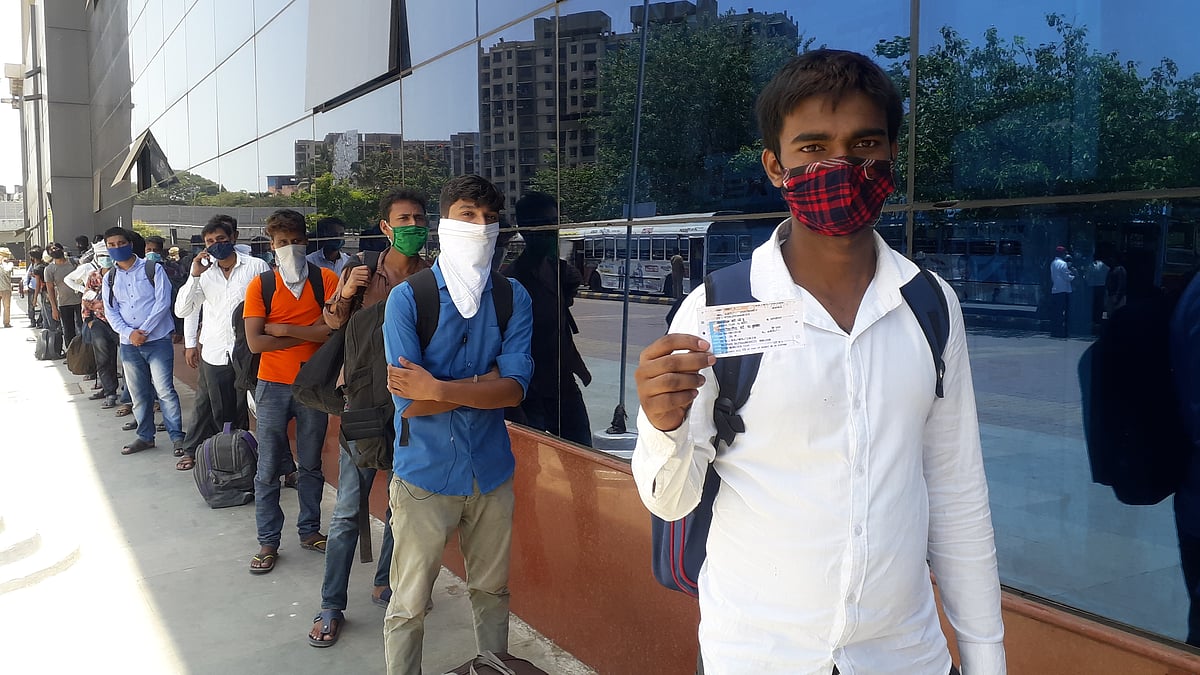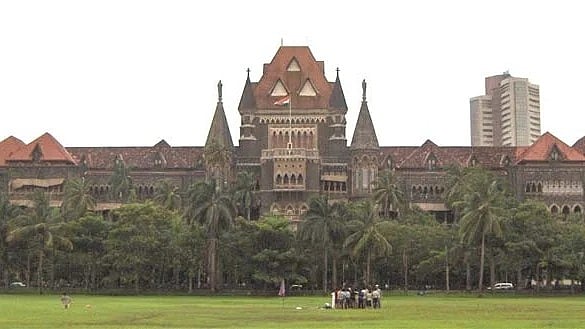In politics, there are seldom organizations like the Shiv Sena which, despite the rhetoric over the rights of the sons of soil – incidentally, its raison d’etre – allows its core vote base to erode under its watch. However, by a quirk of fate, the recent reverse migration from Maharashtra to the cow belt, has presented the Sena-led regime with an opportunity to translate its worn-out rhetoric into action. It had been mandated since 1968 that industries subsisting on incentives from the State must employ 80% locals (those domiciled in Maharashtra for 15 years).
However, even Shiv Sena leaders are loath to admit that a significant chunk of the workforce consists of contract labour, who are not covered under the rule. On May 18, Chief Minister and Shiv Sena President Uddhav Thackeray -- sensing the drift -- suggested that since migrants were returning to their home states, local youth should seize these opportunities. It was apparent from Thackeray’s off-the-cuff remarks that with the Shiv Sena in power and the party chief heading the government, it will be under intense pressure from its core constituency to translate its decades-old political template into action, by providing support systems and enabling mechanisms to the sons of soil.
When it comes to the contentious issue of migration and the done-to-death local versus outsider debate, there are stereotypes, and stereotypes about stereotypes. Like most superficial perceptions based on the “us versus them” supposition, such debates often lack depth. Migrants, be it a Maharashtrian techie who has migrated to San Jose, or a daily wager from Uttar Pradesh working in Mumbai, have an economic advantage over locals.
Coming from a weaker economic background than the sons-of-soil, they seek upward mobility and social equity and are often willing to work for lesser wages. Though north Indians have been gravitating to Mumbai and Maharashtra since the colonial era, this process accelerated postIndependence. North Indians, or ‘Bha-iyyas’ as they are called pejoratively, ambled into the informal sector, and also made some foray in the organized sector





